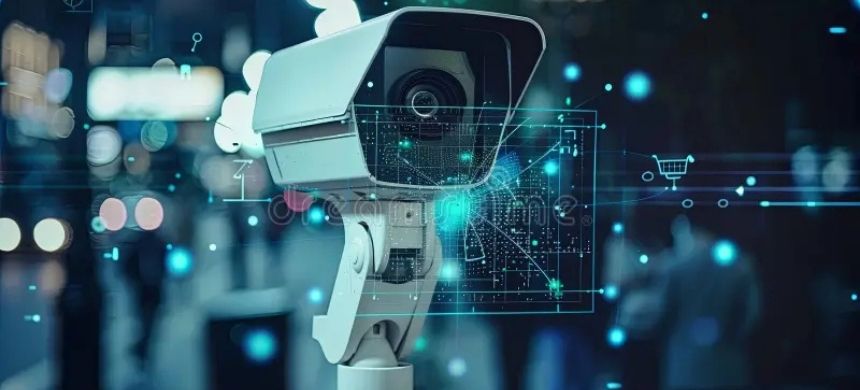The Karachi Police have made history by executing the first-ever arrest in the city using artificial intelligence (AI) facial recognition technology. This marks a major milestone in integrating advanced technology into law enforcement operations.
According to Deputy Inspector General Syed Asad Raza, the arrest occurred after an emergency response vehicle (ERV) operator received a real-time alert from the facial recognition system. The system had identified a motorcyclist with a criminal record traveling through the South Zone of Karachi. The exact location of the alert was not disclosed for security reasons.
The ERV team promptly intercepted the suspect and verified his identity using his computerized national identity card. The individual, Abdul Azeem, was wanted in six criminal cases, including attempted murder, possession of unlicensed weapons, armed encounters with police, rioting, and terrorism-related offenses. He had also been declared an absconder in previous investigations.
The Karachi Police confirmed that Azeem was arrested without incident and transferred to the relevant police station for further legal proceedings. Officials emphasized that this operation highlights the effectiveness of facial recognition technology in quickly identifying and apprehending high-risk suspects.
The system, recently integrated into the police’s digital infrastructure, is being tested across multiple zones in Karachi. Authorities believe it will enable rapid identification of criminals on the move and enhance overall law enforcement efficiency.
Experts say the arrest demonstrates the potential of combining technology with traditional policing methods. The Karachi Police hope this innovation will reduce crime rates, improve public safety, and strengthen the city’s response to fugitive tracking and repeat offenders.
In other related news also read Karachi Airport Implements Facial Recognition System
This development sets a precedent for other cities in Pakistan, showcasing how modern technology can assist in maintaining law and order while ensuring that public safety remains a top priority.











